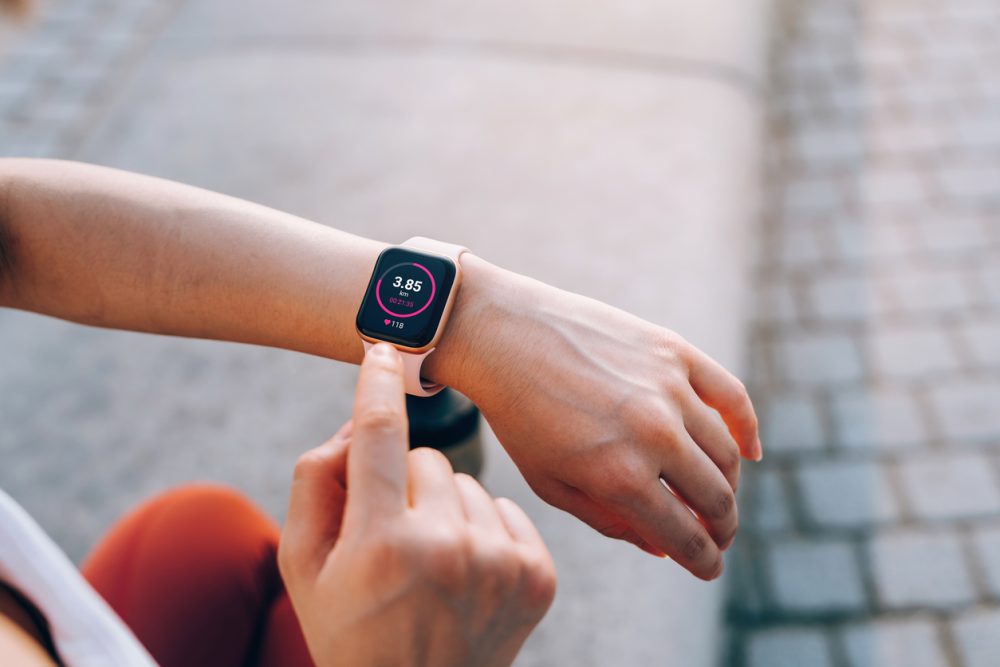Smart devices are helpful for many who seek to monitor their exercise metrics, such as tracking calories burned and health statistics like heart rate over time. Now that most tech enthusiasts are wearing these portable health machines, doctors and scientists are working to capitalize on their potential for being used in preventative health measures. Multiple studies have indicated that smart watches can be used to predict several diseases, including COVID-19, heart disease, and Parkinson’s.
Health professionals are currently utilizing this data for research. Doctors at Johns Hopkins are using health data gathered by smart watches to assess the risks of heart failure. Other professionals are using the same data for diagnostic and therapeutic work. Now, scientists are one step closer to predicting long-term diseases. A group of researchers at Cardiff University in Wales have found a way to use wearable technology to predict Parkinson’s disease seven years earlier than a standard clinical diagnosis.
The UK Biobank project (UKBB) holds the health data of 500,000 people in the United Kingdom, and scientists from Cardiff worked with the biobank and the UK Dementia Research Institute to collect data on patients that would develop Parkinson’s. The data was “collected from wrist-mounted accelerometers worn over a week-long period, provided time-varying activity measurements that the researchers hypothesized would indicate the later development of Parkinson’s.” Scientists then tested the hypothesis by using a machine model to analyze the data collected, which shows that accelerometry data can be the highest indicator of Parkinson’s. Ph.D. student Ann-Kathrin Schalkamp worked on the project and expressed how the opportunity to examine data over seven years is an excellent opportunity to do retroactive and regressive analysis on the indicators of the disease. Now that this data has been collected and shown promising results, it will continue to be monitored, and additional studies will indicate what else this data can be used for.
Parkinson’s disease has been the subject of biometric data collection before. The US Food and Drug Administration approved an app developed by Rune Labs in 2022 to track patients’ neurological symptoms to assist doctors in treating and predicting Parkinson’s.
Technology and health are intersecting in incredible ways and there are so many more facets to explore. For example, one that should be explored further is privacy data. Now that doctors and scientists can use smart health metrics to predict diseases, what is next on the horizon?















